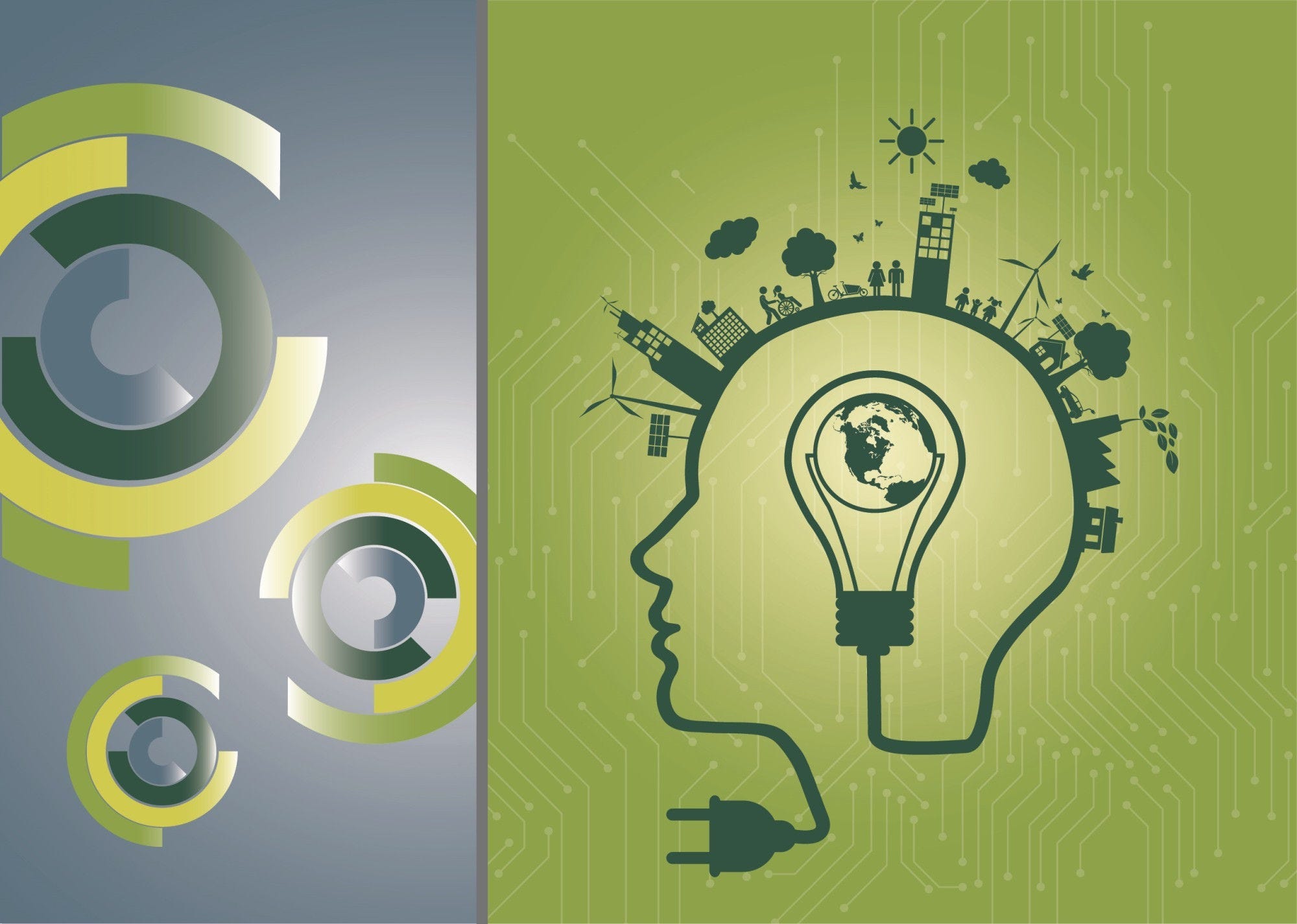Climate change and policy to combat it, as well as digital transformation, are the defining challenges of our time. The urgency to address climate change has never been more apparent. The consequences of rising temperatures are profound and unforgiving. Extreme weather events, raging wildfires, biodiversity loss, natural disasters and the resulting food and water insecurity are becoming increasingly commonplace. These changes are not isolated. They trigger a domino effect of economic disruption, adverse health effects, heightened conflict and forced migration. At the same time, progress in artificial intelligence (AI) and, in particular, the onset of generative AI is such that, in some areas, its output has become indistinguishable from that of humans, and in several domains, AI’s capabilities are well beyond what humans can do. The AI revolution is redefining our workplaces, societies and knowledge exchange mechanisms. While AI systems bear the promise of supporting scientific discoveries that could enhance the health, productivity and well-being of many, they could also challenge many jobs and even be used to spread false and misleading information, eroding public trust, threatening security and social cohesion.
If societies are to halt environmental destruction and harness the potential of AI and robotics effectively, they must fundamentally strengthen initial education systems, provide upskilling and reskilling opportunities for adults over the life course and ensure that skills are effectively mobilised. Investments in skills are critical to building a resilient green and digital transition.
However, so far, the speed of environmental and digital transformations is outpacing the rate of change in our education and skills policies and their capacity to respond to emerging needs in society and labour markets. As new job profiles and skills requirements emerge, too few adults in OECD countries participate in the formal or non-formal learning necessary to meet these new requirements. This hampers the ability of workers to upskill and reskill, limiting their opportunities to reallocate from sectors and occupations that shrink into sectors that grow as a result of efforts to green the economy. It also limits their ability to strengthen the skills they will need to work alongside new technologies and make the most of potential productivity gains. At the societal level, lack of participation in formal or non-formal learning limits the talent pool needed to sustain the twin transition.
A key to building resilience in the face of environmental challenges and technological transformations is to empower individuals through investments in skills. Skills alone, however, do not guarantee meaningful action. Attitudes and dispositions, which are in large part shaped through education and training, play a crucial role in motivating individuals to use their skills for the betterment of society. Unfortunately, we see disparities in attitudes and dispositions that mirror inequalities in skills proficiency. Socio-economically disadvantaged young people are particularly vulnerable in this regard, and addressing this gap must become a priority for educators and policy makers alike.
This edition of the Skills Outlook brings a range of new, important insights into changes in the demand for skills resulting from the green and digital transition and the role skills policies play in ensuring resilience. Although it is important not to underestimate the challenges brought about by this twin transition, it is equally important not to underestimate societal capacity for innovation and adaptation. An important lesson that can be learnt from the COVID‑19 pandemic is that societies have the capacity to adapt faster and to a larger degree than previously imagined. The ability to adapt will continue to matter as societies face unprecedented disruptions. Whether the greening of jobs and proliferation of generative AI manifest as a societal challenge or opportunity to enhance well-being rests on policy makers’ and leaders’ ability to exercise foresight and leadership, with the consideration of ethics, equity and the advancement of social and economic well-being at the forefront of policy making.
